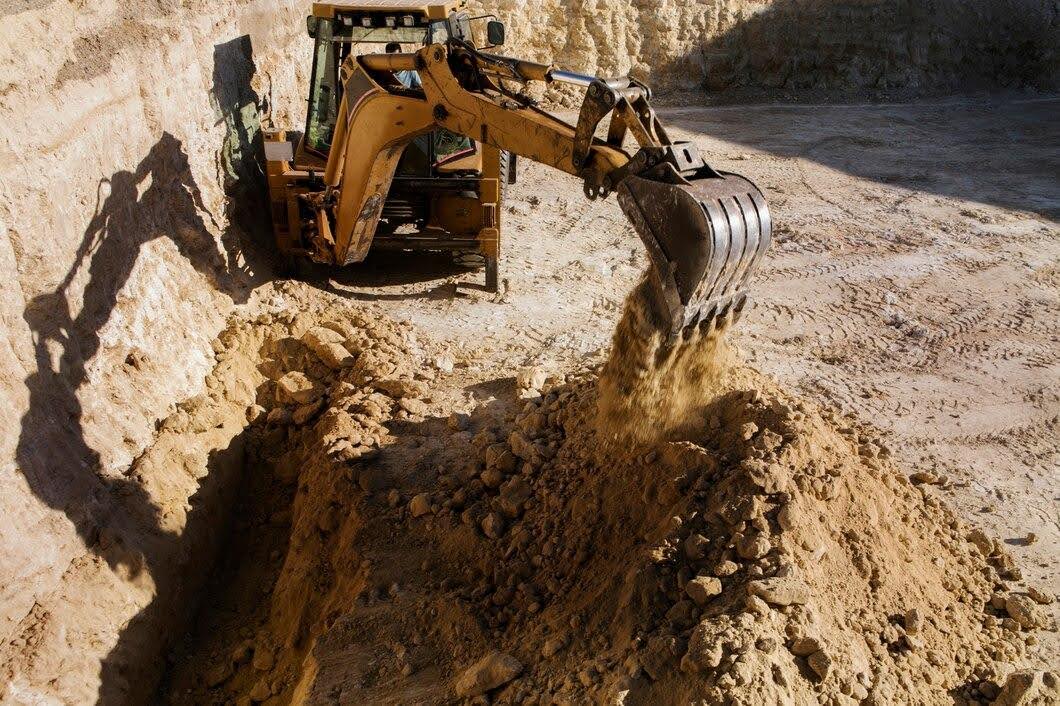Hydraulic hoses are the lifelines of heavy equipment like excavators and bulldozers—or vividly, they’re like the human body’s blood vessels. Imagine an excavator without hydraulic hoses, it’s just like a person without a circulatory system.
If these hoses ever decide to “go on strike” such as leaks, wear, or damage, it will lead to equipment downtime, project delays, and skyrocketing repair costs. Okay, let’s face it, a serious dent in your mood.
In this article, you’ll get common hydraulic hose issues and practical repair tips. If you’re a beginner operator, it might be collected into bookmarking.
Importance of Hydraulic Hoses
Between basic components such as pumps, valves, and cylinders, these hoses shuttle inside the machinery and can withstand extreme pressures, temperature fluctuations, and harsh working environments. Their ultimate purpose is to transmit power, which is achieved by delivering hydraulic oil to different components. In addition to power transmission, hydraulic hoses should also be flexible because they need to work in dynamic or moving systems. Last but not least, due to their special flexible material, they can also act as shock absorbers—they reduce vibrations and sudden pressure changes to prevent damage to mechanical parts.
As your buddy gets old, his vessel—the hydraulic hoses may have problems such as aging of the material; if the equipment is not operated properly, poor-quality hydraulic hoses may also break and cause oil leakage. Therefore, when looking for replacement solutions, it is very important to buy high-quality hydraulic hoses. If you are worried that the original hoses are too expensive, here is where to visit fridayparts.com They have a variety of hydraulic hoses that can match various models of a wide range of machine types. Not only that, the quality of their service is also well-known in the industry.
Common Causes of Hydraulic Hose Failure
Hydraulic hose failures are often caused by a variety of factors. The first most common problem is wear, which occurs when the hose rubs against other machine parts during operation. I feel regret to tell you that as long as you are still using the machine, this friction will be inevitable. It will gradually weaken the outer layer of the hose, causing the hose wall to thin or crack. Human factors can also have an impact on its life. Improper installation is another common cause because improper hose routing or overtightening connections will create stress points that accelerate wear.
External factors are also a point that cannot be ignored – the state of the hose material will be affected by extreme temperatures. Too hot or too cold will cause it to crack or lose its elasticity. Then you may ask, what should I do if my work situation must be carried out in the cold winter or hot summer? In winter, I suggest you preheat the machine sufficiently. If it is summer, I wish you a long time to work on the machine and avoid working for a long time at high temperatures. Last but not least, throw away your inferior hydraulic oil! Using the wrong hydraulic oil will corrode the hose lining and cause leaks or blockages.
How to Maintain Hydraulic Hoses
Although aging and material weakness are inevitable, there are still some maintenance methods you can use to extend the life of the hose. Regular inspections should be standard practice, allowing you to identify early signs of damage, such as cracks, leaks, or bulges. Once you have purchased a quality replacement hydraulic hose, proper installation also plays an important role in its life.
Buying hydraulic hoses yourself is indeed a good way to save money. You can find video tutorials on YouTube, which is the most intuitive way to learn. Don’t forget to try to find those with the same model as you. In addition, you can choose hydraulic hoses with protective sleeves installed. The protective sleeve can provide an extra layer of protection to protect the hose from abrasive surfaces and external contaminants. Finally, it is also important to monitor the quality of the hydraulic oil. Remember, you should take the initiative to replace the hose, not wait for a failure.
Conclusion
The role of hoses in transmitting power, providing flexibility, and ensuring a fluid seal cannot be overstated. Regular maintenance is key to maximizing hose life and preventing costly failures. Investing in quality hydraulic hoses at FridayParts and adhering to best maintenance practices will not only improve machinery performance, but also reduce operational risks and long-term expenses. By prioritizing hose health, heavy equipment owners can ensure smooth operations and extend machinery life.




